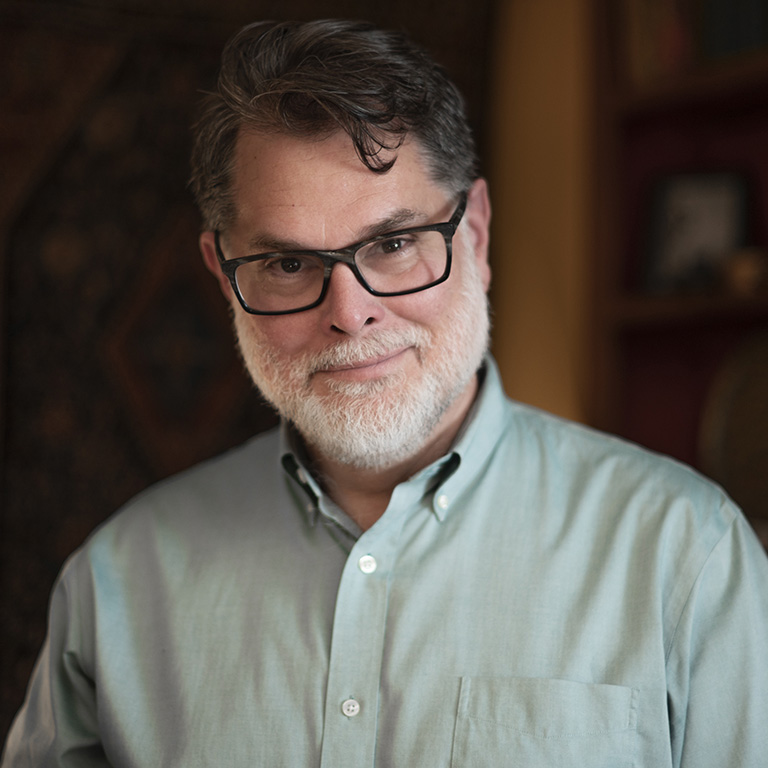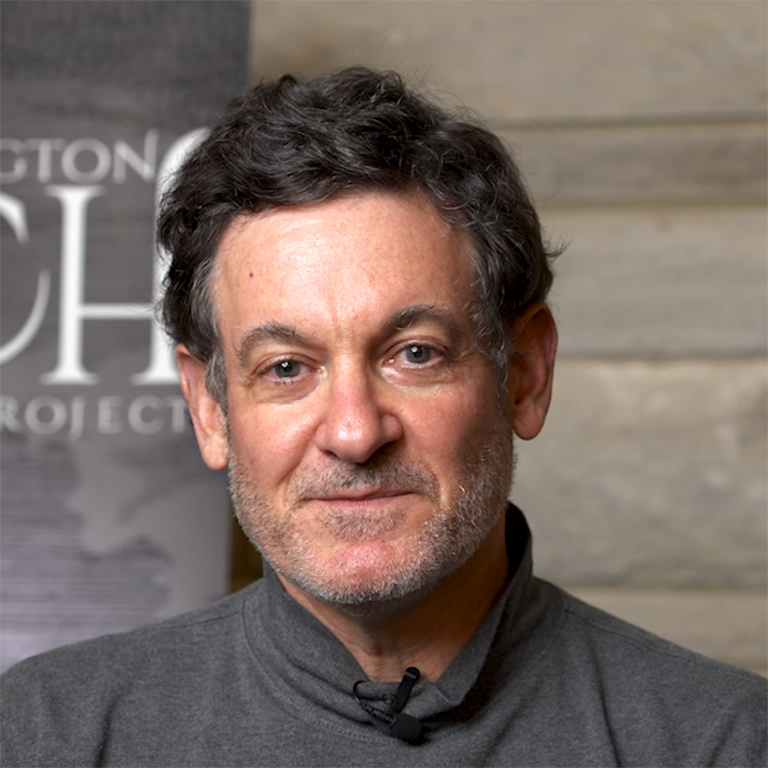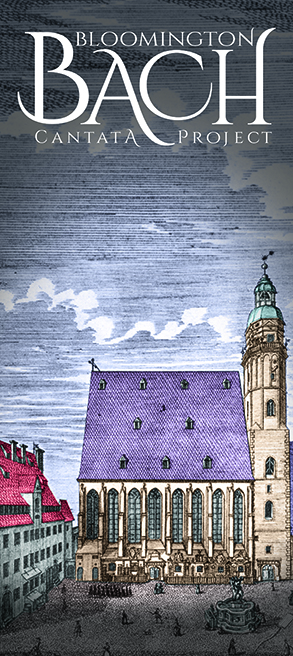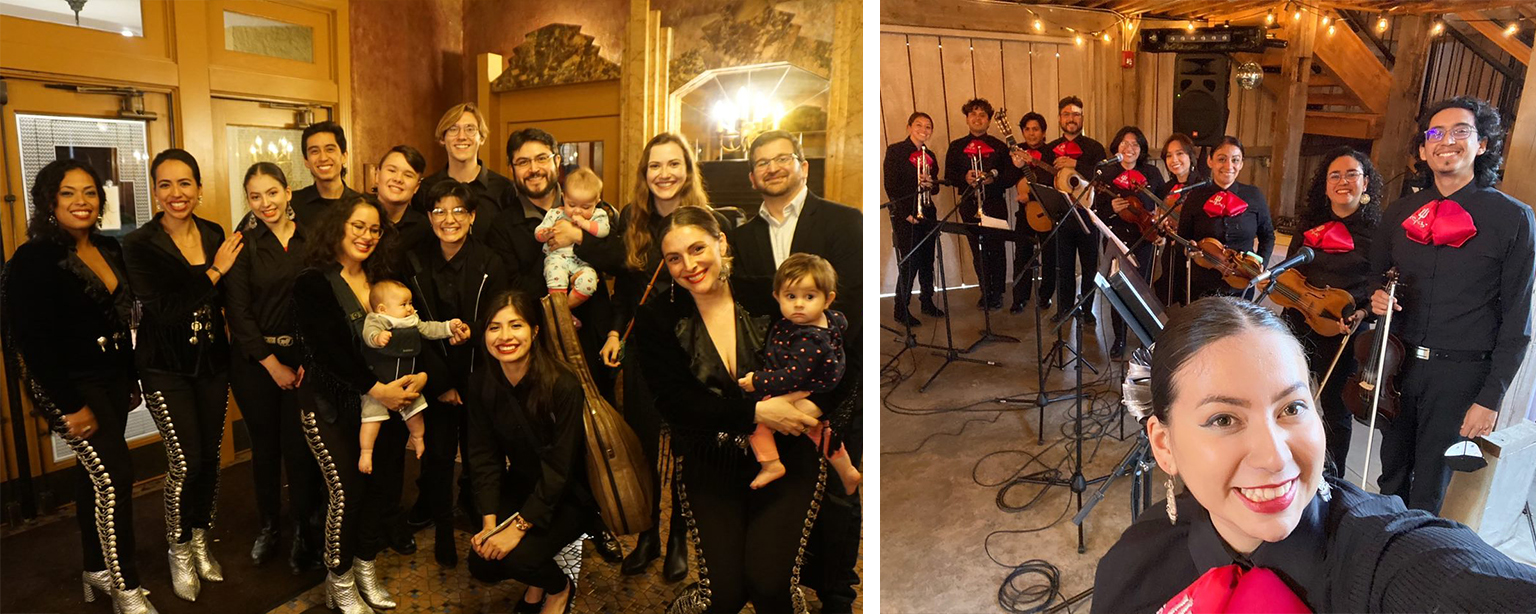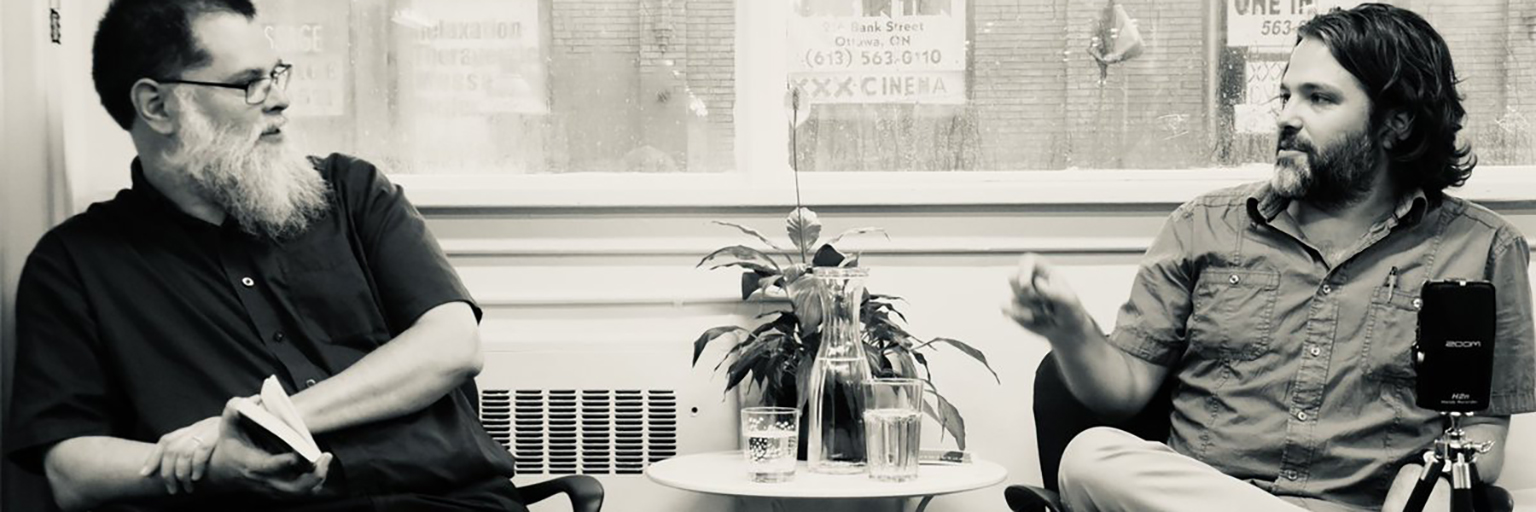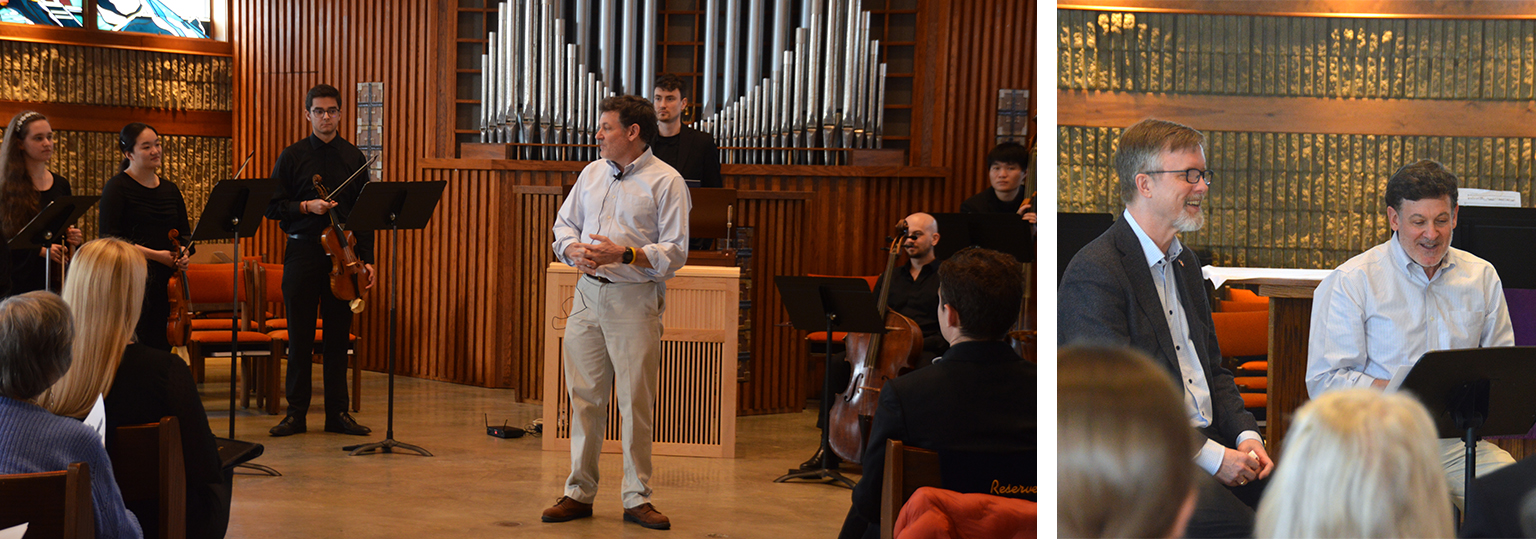For instance, a couple of years ago, the Latin American Music Center had the privilege of working with the National Musical Archive of Costa Rica to bring to life the music of noted composer Rocio Sanz Quiros. Although an important figure in Costa Rican music, much of her music was only performed a handful of times when the composer was alive. The National Music Archive was in the process of publishing her music through its journal, but at the time, they lacked the resource to have her music performed and recorded, which was a key step in promoting her work. Thanks to a great deal of hard work and many late nights, our center was able to recruit a chamber string orchestra to perform Sanz's music for one of our chamber music series, a performance that was live streamed in Costa Rica and that offered to many people the opportunity to hear this music for the first time. It is those types of experiences, that way of participating in projects, that help to give back to a community, even if that community is not in our own backyard. I'm grateful that there are so many people in the IU community who are so generously willing to work with us in these kinds of projects.
DRM: This music means a great deal to me both as a scholar and as a musician, so hearing it performed so beautifully is a continually great experience. I enjoy working with the young musicians who bring such focus and dedication along with their skills and talent. It is great to see so many of them take these skills out into the professional world.
I am proud that Bloomington supports the performance of Bach cantatas in a way that reflects his own music-making. There are many great cantata performances around the world, but almost none that consistently apply what we have come to know about Bach’s way of presenting them. That’s not the only way to perform or listen to them, but it is surely one worth hearing. I am also proud of the diversity we have cultivated, particularly in the role that women musicians have taken in leading performances — not a given, alas, in today’s musical world.
And I appreciate the community that has grown around the BBCP: our current musicians, alumni, renowned guest artists, staff, donors, and loyal listeners. Our performances are put together in a very brief and intense few days; I think the in-person audiences can sense the focus and dedication in each of the concerts. That’s the nature of good live music, but somehow it comes across especially clearly in our work.



